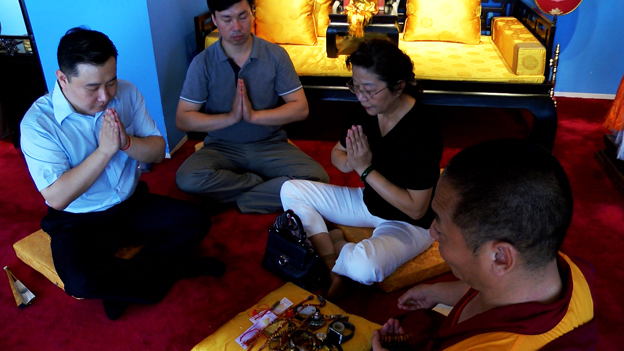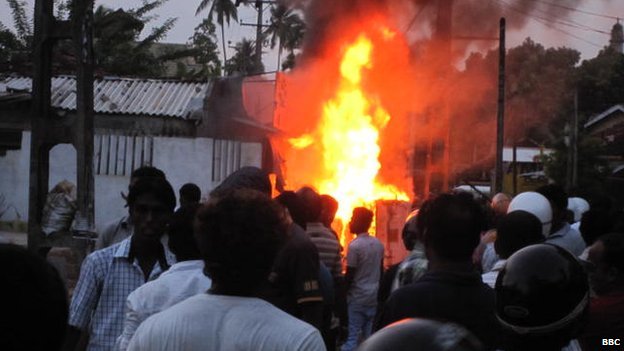China punishes officials in Tibet for joining independence groups, supporting Dalai Lama
By Louise Watt, Associated Press | January 28, 2015
BEIJING — Investigators have found that 15 Communist Party officials in Tibet joined underground Tibetan independence organizations, provided intelligence to the Dalai Lama and his supporters or participated in activities deemed harmful to China’s security, a party agency said Wednesday.
The publicizing of party officials supporting Tibetan separatism was highly unusual and suggested continuing unrest in the Himalayan region, which has had a heavy security presence since a wave of riots and protests against Chinese rule in 2008.
The involvement was uncovered last year during an investigation of a small group of party officials, according to a statement from the Communist Party Disciplinary Commission of Tibet posted on its website. Fifteen officials received unspecified punishment for violating party and political discipline, the commission said.
It was not immediately clear why the cases were announced this week. The commission’s statement gave no details of the groups that the party members joined, the intelligence they provided or other activities that would have harmed national security. Calls to party representatives in Tibet were not answered, and the discipline commission’s phone number was not publicly available.
Journalists’ access to Tibet is tightly restricted and all information from the region is extremely difficult to confirm. While details such as the name of the officials punished were not provided, it is likely they were ethnic Tibetans who traditionally practice a form of Tantric Buddhism of which the Dalai Lama is the spiritual leader.
Ethnic minorities, including Tibetans and Muslim Uighurs from the neighboring Xinjiang region, make up about 6 percent of the Communist Party’s 86 million members. They are recruited to fill posts at various levels as a key component of the party’s united front policy, although the top party official in provinces and regions such as Tibet is always a member of China’s overwhelming majority Han ethnic group.
A discipline investigator, Ye Dongsong, was quoted in the party-run Global Times newspaper as saying that the Tibetan regional government should focus on neutralizing separatists, maintaining social stability and more strictly monitoring projects in the region.
The announcement follows warnings of stiff punishments for those who offer support to the Dalai Lama or Tibetan separatism, and shows that the government has failed to eradicate support for the spiritual leader, even among party officials, said Kate Saunders, communications director for the Washington, D.C.-based International Campaign for Tibet. She said that failure has come despite efforts to guide people in the region into being more “patriotic and progressive.”
“The Chinese government is literally seeking to replace loyalty to the Dalai Lama in Tibetan hearts and minds with allegiance to the Chinese Party-state,” she said.
Beijing accuses the Dalai Lama, who fled to India after a failed 1959 uprising, of being intent on splitting Tibet from China, a charge he denies.
Many Tibetans say Beijing’s economic policies in the Himalayan region have mainly benefited Chinese migrants, and resent the government’s strict limits on Buddhism and Tibetan culture. More than 100 Tibetans have self-immolated since 2009 to protest Beijing’s rule.
Beijing says it treats minorities in China fairly, and that it has poured billions of dollars into raising living standards in Tibetan areas.
Associated Press writer Christopher Bodeen contributed to this report.


